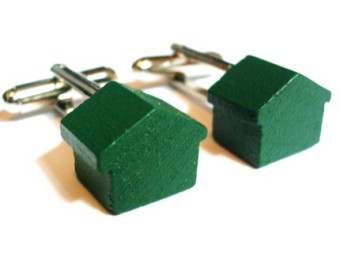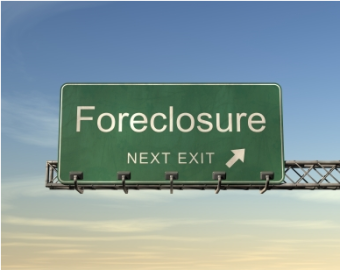Real Estate Is Finally A Buy & Hold Investment
 As a real estate investor since the late 80s, I’ve lost count of how many times I’ve been asked, “Is now the time to buy a rental?”
As a real estate investor since the late 80s, I’ve lost count of how many times I’ve been asked, “Is now the time to buy a rental?”
The specifics of the market are constantly changing my answer. In the late 1990s, my answer was, “Buy as many houses as you can!” To many, this seemed counterintuitive as the real estate market had fallen in the early 90s and remained flat for years. Nevertheless, I followed my own advice and bought as many houses as I could, and less than five years later I was able to sell the houses and buy an apartment complex. It’s the classic strategy in the game Monopoly: you trade four small green houses for one red hotel.
There is one fly in the ointment to this seemingly simple strategy: timing. By the early 2000s, my answer to the big question was, “Hold onto what you have for a couple of years, but don’t buy anything new.” By 2004 my answer changed to, “Are you crazy? Why would you want to buy a house for $450,000 that will rent for $1,500 per month?” Too many people got caught up in the bubble mentality, and the aftermath is now well known.
In 2009 the question started arising once again. By now, real estate prices had fallen to as low as 75% from the peak (yes, in some neighborhoods they did!) and the rents would actually produce a handsome positive cash flow. While it would be fine to buy rental property in that climate (especially for a one to two year hold), my answer was still, “Not yet.” Why? If you followed the market indicators closely, you could see the making of a double-dip far off in the horizon. The market was at bottom but there were still too many non-performing loans that would later result in foreclosure. This meant that the market was bound to give you a second chance to buy the same house at the same (or even lower) price in two years or so. Why hold through that period when you can just buy and flip? Let your money grow by flipping— investors in buy and flip funds can tell you how good this is—then once the market enters the second correction, jump into the new strategy: four small green houses, one red hotel.
The second market correction is here! Foreclosures are mounting, prices are falling (about 7% in 2010 and will probably fall another 7% in the first half of 2011), displaced former homeowners are looking for a home to rent, and other segments of the economy are beginning to stabilize. Builders are barely adding to the supply of homes because homes can be purchased below the cost to build them.
This time single-family home prices will find their natural bottom, become an excellent cash-flow investment, and asset values will be able to climb naturally. All of this adds up to a good time to accumulate single-family homes and rent them to tenants, and then sell them after the real estate market has fully recovered.
While the economy at large is starting to charge forward, the real estate market has been moving in the opposite direction. Compare this to pulling back on a slingshot; eventually you have to let go, and you know what happens then! The slingshot will let go when all of the bad loans have been foreclosed. The demand for housing will still continue. Real estate prices must rise due to the increasing demand until the prices exceed the cost to build, allowing builders to once again add to supply. No one knows exactly when this will happen, but when it does you want to have an interest in as much property as you can to take maximum advantage of the market.
I have mentioned Praxis Capital in previous posts. They are a limited partnership syndication group that specializes in buy and flip foreclosure properties. In addition to that flipping strategy, they are now launching two new funds to give their investor clients an opportunity to put their money to work in this age-old strategy of wealth accumulation without having to deal with tenants, toilets, and trash. To find out how, call Sherri, their investor relations manager. She will tell you about their brand-new buy and hold opportunities for single-family and multi-family properties. In addition to making good returns on buy and flip properties, you may want to consider also getting involved with some buy and hold properties for cash flow and future appreciation. Remember, it’s all about timing!
For more information on this investment opportunity, contact Sherri Haskell at (415) 322-2665 or sherri@praxcap.com.





 3 Comments
3 Comments


